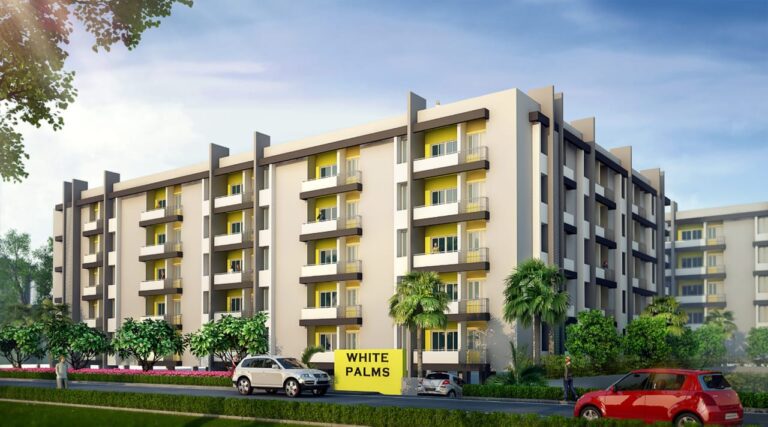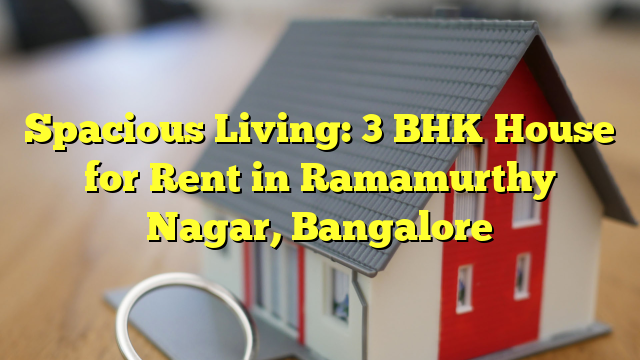Navigating the Dynamic Real Estate Landscape in Bangalore: A Comprehensive Overview
Introduction:
The real estate market in Bangalore has long been a beacon of dynamism, attracting investors, homebuyers, and developers alike. As the Silicon Valley of India, the city has witnessed rapid urbanization and economic growth, contributing to a bustling real estate sector. In this blog post, we will delve into the current state of the real estate market in Bangalore, exploring key trends, challenges, and opportunities that shape the landscape.
- Residential Real Estate:
Bangalore’s residential real estate market has experienced both highs and lows in recent years. The city’s growing population, coupled with an influx of professionals, has driven the demand for housing. However, the market has also faced challenges such as fluctuating property prices, regulatory changes, and the impact of global events like the COVID-19 pandemic.
Trends:
- Demand for Affordable Housing: With an increasing focus on affordable housing, developers are introducing projects that cater to the middle-income segment, driving significant demand in this category.
- Rise of Integrated Townships: Integrated townships that offer a mix of residential, commercial, and recreational spaces are gaining popularity, providing a holistic living experience.
Challenges:
- Price Volatility: The real estate market in Bangalore has witnessed fluctuations in property prices, making it crucial for both buyers and sellers to stay informed about market trends.
- Regulatory Changes: Policy changes, such as alterations in construction norms and taxation, can impact the real estate landscape and require stakeholders to adapt quickly.
- Commercial Real Estate:
Bangalore’s status as an IT and startup hub has significantly influenced the commercial real estate sector. The demand for office spaces, co-working facilities, and innovation hubs has been on the rise.
Trends:
- Tech Parks and SEZs: The city is witnessing the development of expansive tech parks and Special Economic Zones (SEZs), attracting multinational corporations and startups.
- Flexible Workspaces: The rise of remote work has led to an increased demand for flexible workspaces, prompting developers to adapt to the changing needs of businesses.
Challenges:
- Work-From-Home Impact: The shift towards remote work has raised questions about the future demand for traditional office spaces, challenging developers to innovate and create flexible solutions.
- Infrastructure Strain: The rapid development of commercial spaces has put pressure on the city’s infrastructure, requiring coordinated efforts to maintain a balance.
- Investment Opportunities:
Despite challenges, Bangalore continues to offer promising investment opportunities in real estate.
Opportunities:
- Strategic Locations: Investing in properties located in upcoming or strategically important areas can yield significant returns.
- Commercial Spaces: The demand for commercial spaces, especially in areas with a strong IT presence, presents attractive investment opportunities.
Conclusion:
The real estate market in Bangalore remains a dynamic and evolving landscape, shaped by the city’s economic vibrancy and urbanization. While challenges exist, strategic investments and a keen understanding of market trends can help navigate the complexities. As Bangalore continues to be a hub for innovation and technology, its real estate market is likely to adapt and thrive in the face of change, making it an exciting arena for investors and homebuyers alike.







